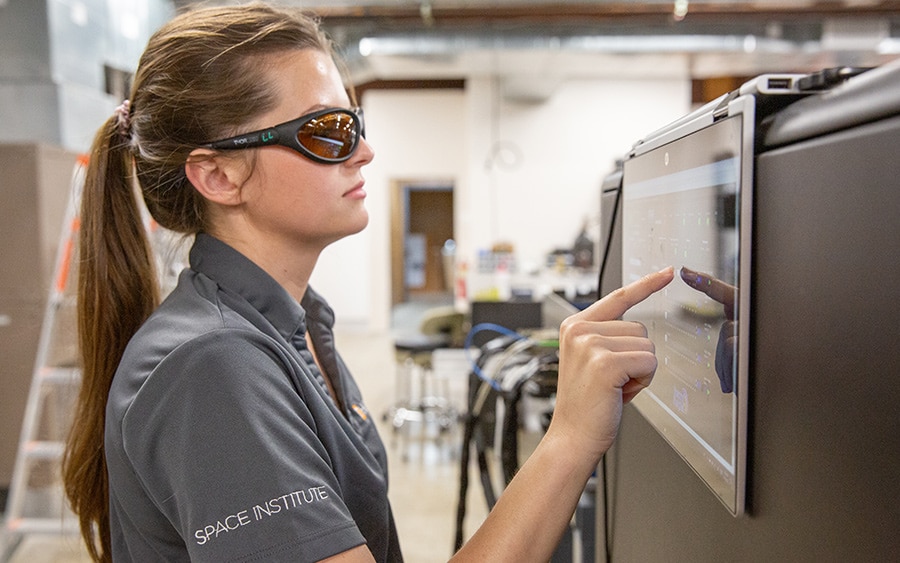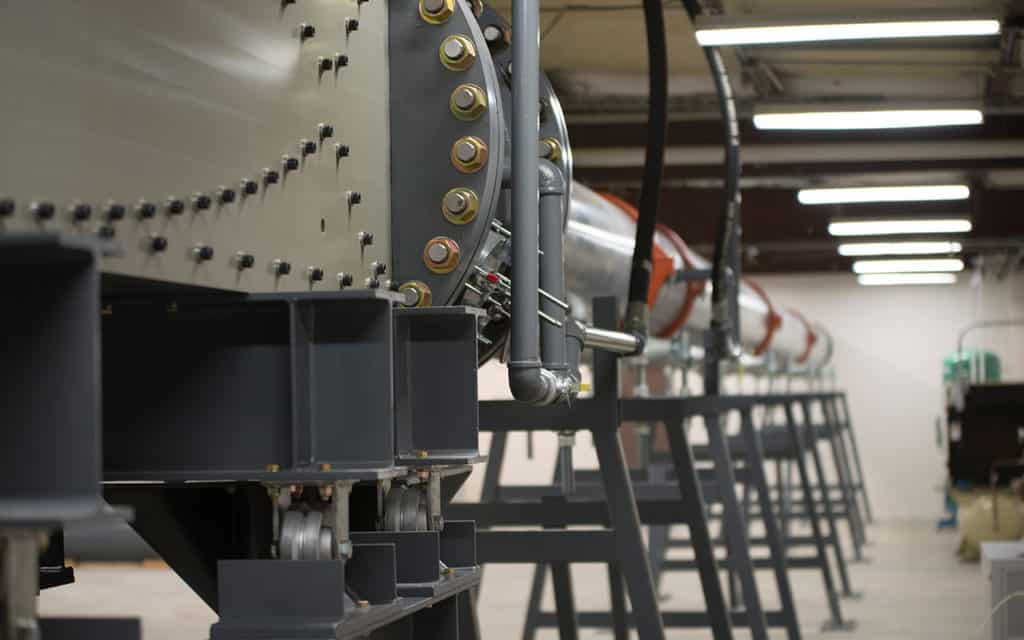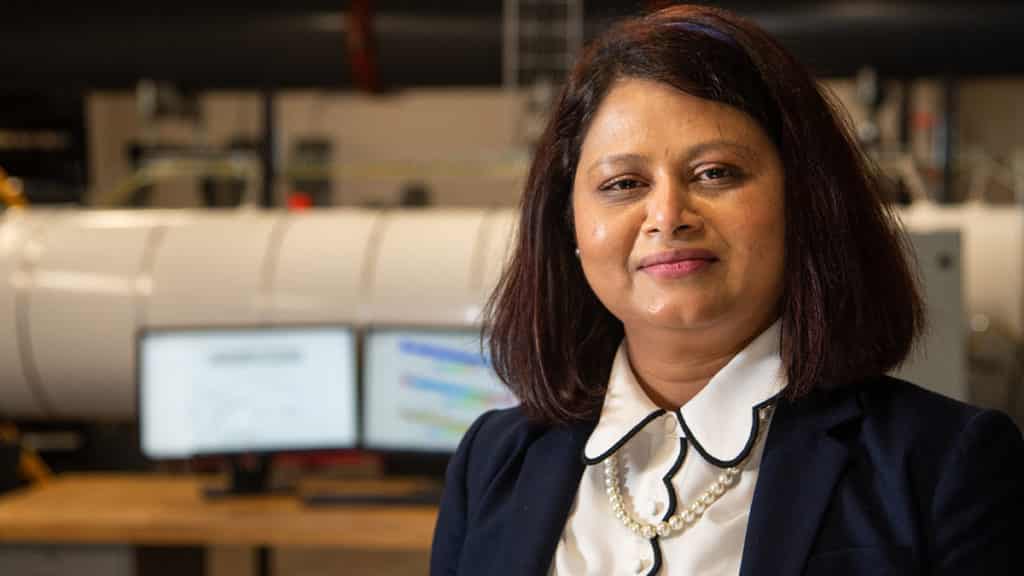Online Graduate Certificate: Hypersonics
Hypersonics
Tickle College of Engineering
Program Overview
Are you ready to take your knowledge of hypersonics to the next level? The University of Tennessee, Knoxville offers a Graduate Certificate in Hypersonics. This fully online program is for current graduate students or practicing engineering professionals who have completed at least a bachelor's degree in engineering with a GPA of 3.0 or higher. Whether you take this coursework as a stand-alone credential or an add-on program, this graduate-level education focuses on foundational technical disciplines relevant to hypersonic flight and other related topics applicable to a variety of engineering careers.
Credit Hours
12
Cost Per Credit Hour*
In-State $815
Out-of-State $890
Testing Requirements
No GRE
Admission Terms
Fall, Spring
*Cost per credit hour is an estimate based on maintenance and university fees. Some programs may have additional course fees. Please contact your department for additional information on any related fees, and visit Tuition and Fees in Detail at One Stop.

Take Your Knowledge to the Next Level in Hypersonics
The Graduate Certificate in Hypersonics at the University of Tennessee, Knoxville, is an opportunity to obtain graduate-level education focused on the foundational technical disciplines relevant to hypersonic flight and an appreciation of the significant interrelation between disciplines characteristic of the highly-integrated systems in the field. Courses in this certificate are taught by the world-class faculty of the Mechanical, Aerospace, and Biomedical Engineering department within the Tickle College of Engineering. Emphasis areas in the certificate program include aerothermodynamics, propulsion, and modeling & simulation, with additional content in materials and advanced manufacturing planned in the near future.
Who Should Apply
This certificate program is open to practicing professionals as a stand-alone credential or to current graduate students as an add-on program. All courses will be available online in asynchronous courses via Distance Education. Applicants are expected to have earned a bachelor’s degree in an engineering discipline with a GPA of 3.0; students from other disciplines may be admitted but expected to take prerequisite courses to improve student success. Expected background knowledge includes mathematics (through calculus and differential equations), fluid dynamics, heat transfer, and mechanics of materials.
Featured Courses
AE 521: Aerodynamics of Compressible Fluids I
One-dimensional internal and external flow; waves; small perturbation theory; slender body theory; similarity rules; method of characteristics.
AE 569: Plasma Dynamics
Fundamental concepts of plasma including electromagnetic theory, collision processes, kinetic theory, microscopic and macroscopic descriptions, transport properties, and magnetohydrodynamic analysis.
AE 525: Hypersonic Flow
Slender body flow; similitude; Newtonian theory; blunt body flow; viscous interactions; free molecule and rarefied gas flow.
AE 532: Introduction to Turbulence
Macroscopic effects, analogies, statistical treatment, correlation functions, energy spectra, diffusion; application of turbulent jets and pipe flow.

Areas of Emphasis in the Hypersonics Online Graduate Certificate are as Follows:
Aerothermodynamics
Modeling & Simulation
Propulsion
Student Learning Outcomes
Major learning outcomes for successful students include the following:
Students will be able to utilize knowledge of the foundational scientific disciplines relevant to hypersonic flight to contribute to the development of emerging aerospace systems.
Students will apply knowledge of interactions between foundational scientific disciplines to understand the significant technical challenges associated with the highly integrated nature of hypersonic systems and to contribute to the multidisciplinary development of such systems.
Certificate holders will have accomplished coursework in electives focused on particular segments of the broader field of hypersonics.
Hypersonics Program Taught By Top Faculty
Students will learn cutting-edge technology from world-class faculty in the Hypersonics Graduate Certificate program, a new program available in the fall of 2022.

I have worked in development of high-pressure rockets, propulsion system for high-speed missiles, aerothermodynamics, ablation, and thermal protection system for high-speed missiles.
– Ragini Acharya, associate professor, mechanical and aerospace engineering.